The third round of Geshema Examinations is taking place from May 1-12 2015 at Jangchub Choeling Nunnery in Mundgod in southern India.
This year there are 38 Tibetan nuns taking part in this round of examinations and they are split as:
- 11 in the first year,
- 6 nuns in the second year of examinations,
- and 21 in the third year.
The Geshema examination process is a rigorous one that takes four years in total, with one round per year each May. The fourth round of examinations will be held in 2016 at Geden Choeling Nunnery in Dharamsala in Himachal Pradesh, northern India.
The Geshema degree is the female equivalent of a Geshe degree and is similar to a doctorate in Buddhist philosophy. It is the highest level of training in the Gelugpa school of Tibetan Buddhism. These women pioneers have taken the opportunity to accomplish a level of scholarship and Buddhist training that was previously almost exclusively available only to men.
2016 will be an historic year for Tibetan nuns as they will begin receiving the Geshema honor and thus fulfilling the longstanding aspiration of His Holiness the Dalai Lama and marking a new chapter in development of nuns’ community.
The exams are being organized according to the special regulation passed in 2012 and carried out under the supervision of Geshema Examination Board, which is comprised of representatives from Department of Religion and Culture of the Central Tibetan Administration, the Tibetan Nuns Project, the Institute of Buddhist Dialectics-Dharamshala and six concerned nunneries located in India and Nepal.
The examination includes both debate and written tests on major texts of Buddhist studies. The evaluation of the debate test is done by four Geshe Lharamapas specially invited from Sera Jhe, Sera Mey, Gaden Shartse and Drepung Gomang monasteries. One Geshe Lharampa is also invited from Gaden Jangtse monastery to invigilate the proceedings of the written tests.
There are main subjects as well as optional subjects. Tibetan language, Tibetan history and modern science are optional subjects. While it is not compulsory for the nuns to pass these optional subjects, their marks from these are added to the total marks. The setting of question papers of main subjects and the evaluation of answer papers are also done by Geshe Lharampas.
Supporting education has been a primary goal of the Tibetan Nuns Project which was founded in 1987 to provide education and humanitarian aid to Tibetan Buddhist nuns living in India.
Winning the Geshema degrees will be a turning point for the women, because the degrees will make them eligible to assume various leadership roles, in the monastic and lay communities, previously reserved for men.
To learn more about how you can support the educational opportunities for over 700 Tibetan Buddhist nuns and how to fund teachers’ salaries, please visit our website.

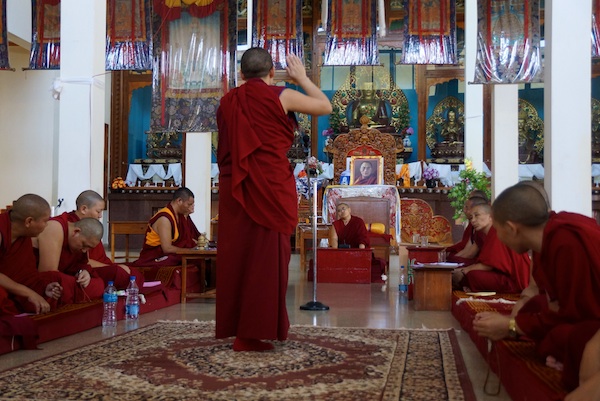
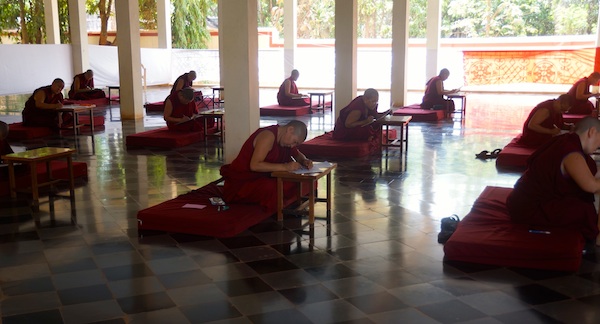
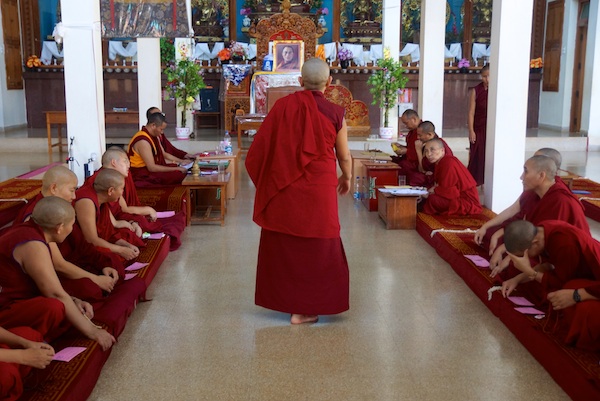
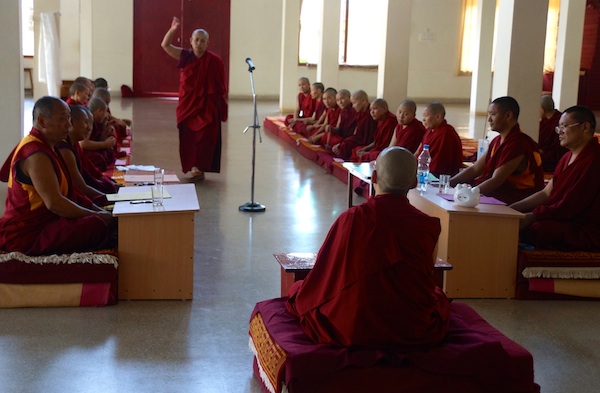
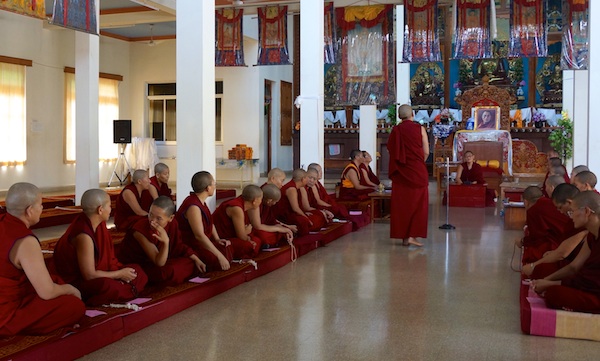
Thank you for your hard work and commitment <3
Tashi delai good luck to all pray for nepal